Interview
Interview by David Barsamian.
Speaker
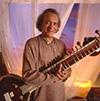
Ravi Shankar
Ravi Shankar was born in Benares in 1920. The youngest brother of the great dancer Uday Shankar, he accompanied his brother’s dance troupe to Paris. Under Uday’s guidance he became more and more involved in performance, dancing, and playing various instruments in the troupe’s ensemble. When he was 15, Allauddin Khan, a sarod maestro, joined the company. Sensing his potential, Allauddin Khan, urged him to abandon the glamour of life in Europe and seriously study the sitar. Ravi left the company and returned to a small village in India and became Allauddin Khan’s disciple. He dedicated himself to many long years of study and practice. Upon completion of his studies and with his teacher’s blessings, Ravi Shankar embarked first in India then in Europe, Asia and the U.S. upon one of the most extraordinary careers in the history of contemporary music. Ravi Shankar made his U.S. debut in 1956 in New York to both critical and public acclaim. He was a singular phenomenon in the classical music worlds of east and west. His concerts and lectures at major colleges and universities were an integral part of his career. He also performed as soloist in his Concerto for Sitar and Orchestra, a work commissioned by the London Symphony. The New York Philharmonic commissioned him to write a second concerto, “Garland of Ragas” which was premiered with Zubin Mehta conducting. Ravi Shankar also composed extensively for the ballet and film in India, Europe, and the U.S. He did the score for Richard Attenborough’s film Gandhi. He also collaborated with flutist Jean Pierre Rampal and violinist Yehudi Menuhin in several recordings. He died in 2012.


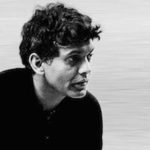
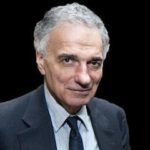
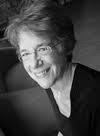
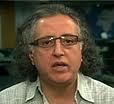
Reviews
There are no reviews yet.